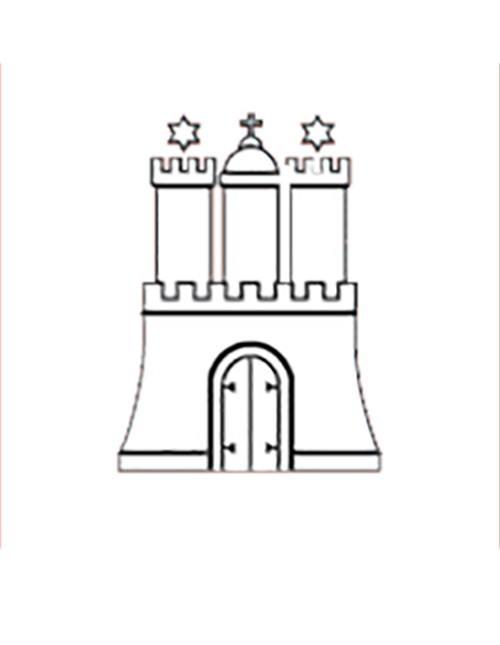« The Rumorless Cities project gave us the opportunity to learn from each other and to find new ways to approach the issue of discrimination » “The transnational workshops brought together people involved in education and youth work and helped them to explore and plan future anti-rumour activities.” “One good idea that we saw was in Warsaw where the municipality have built a multicultural center where all the immigrants from the city can participate voluntarily in various activities, refresher courses to qualify for a future job, and a lot of other activities. Another example of that multicultural center was that they had a non-stop radio dedicated to immigrants, with a wide range of music for all nationalities which make them more comfortable with their situation.”
Alba lulia
« It is possible to state that there has been a greater awareness of the problem of prejudice and that this has been faced in a completely new way for the operators involved »
« The sharing of experiences and working methods between schools and between these and all the private and public stakeholders involved in the project was fundamental for the success of the project. The result that remains in the territory, even beyond the expiry of the project, is in fact the establishment of a network that is now tested and ready to continue the fight against all forms of prejudice »
« Although often very different ideas were expressed by the participants and also considered the difficulty of coordinating the meetings due to a high number of participants, the depth of the level of debates led to a greater awareness among the teaching staff participating in the project regarding the problem of the spread of prejudices. »
Messina
“A key area of learning locally was the importance of focusing on those in the ‘middle’ of the spectrum in terms of attitudes, who are often better reached by anti-migrant and anti-diversity voices, and that this group is the majority of the population. Our local ULG have learned about methods to gain traction with those in the middle ground through firstly understanding their perspectives through the research elements of the projects, developing effective communications which understands the audience’s values, hopes and fears, and tells emotive stories about local people.”
“There has been significant learning in terms of the perspectives of local residents on issues concerning diversity, migration and minority groups and how our approaches should be formulated to reflect this position and current social attitudes. For example, our research has identified areas of our city where there are particular tensions and concerns about how the city has changed and continues to change, places where people have limited contact with newcomers/long-standing residents.”
“The training and development including networking and understanding what works will continue to help me with my role on the Cardiff Local Group on Rumourless Cities which focuses on how our city communicates about migration and counters false stereotypes concerning minority groups.” Ali Abdi (ULG Member and local community activist)
Cardiff
« Rumourless Cities used a range of methods in the transnational meetings which Hamburg found useful. The focus on peer review, providing a regular opportunity to benchmark their progress against other cities was appreciated. So too was the Gallery Walk activity, where partners used visual images to capture their progress and exchange learning with partners. In Rumourless Cities, the learning operated in a multilateral way, with partners learning from one another, as well as from the Lead Partner. « “the members of the local group brought al lot to the table, not only their knowledge but also their networks, so that we were able to reach out to a lot of people with the message of the Altona Declaration. Connecting the activities to another project which is working on similar topics in the district of Altona, created a synergy effect, which was helpful, too.
“It was very important to communicate what we are working for and not what we are fighting against, to avoid resistance towards our goals. “
Hamburg-Altona
« At a city level The project became an incentive for more intense internal discussion about discrimination against teachers in schools, helped to promote thinking about the use of new technologies in teaching. »
-« An important learning has been the elasticity and understanding that the process (ensuring participation, networking) can be even more important than the result itself. »
“I had the opportunity to develop my research skills and explore a fascinating and socially significant topic.I learned how to create a game concept and mechanic, and gained new experience in leading workshops.For the first time, I conducted user tests with children!” Matylda Melecka, games designer.
Warsaw
« Better and wider knowledge about the issues related to migration and cultural diversity in general, through a broader discussion on these topics in the city; Better and wider access to important information to the stakeholders and migrants, such as the available resources in the city to respond to identified needs and problems; Better and wider communication between partners of the city and creation of specific work groups to tackle concrete issues, needs and problems; Promotion of a wider awareness of the media to the problems of migrants and for the work developed in the city by partners and for the combat of stereotypes and prejudices. »
« The local training that the teachers Elisa Moreira and Marina Palácio made in each city was also very enriching for all. It allowed to transfer methodologies and resources, not only for the city partners that received this local training, but also for the LP and the teachers, who brought also ideas for their work in schools (one e.g is the Altona Declaration from Hamburg, that was translated to Portuguese and worked with students in schools in Amadora). »
Amadora
There was also learning involved relating to the whole process of transfer. During the project, the URBACT secretariat commissioned a review of the Transfer Model and this highlighted the importance of several aspects:
- The need to break down the good practice into modules;
- The need for in depth sessions where the good practice was extensively presented and discussed
- The importance of peer review learning through group and one to one exchanges
Within Rumourless Cities we also identified two aspects of the transfer process that need to further explored in order to improve the transfer process. Firstly the need to recognise that good practice’s can not be treated as an homogeneous group. There is need to develop a classification of good practices which in turn will identify the essential conditions that need to be met for a successful transfer.
Secondly the need to develop better tools/methodologies for measuring impact.
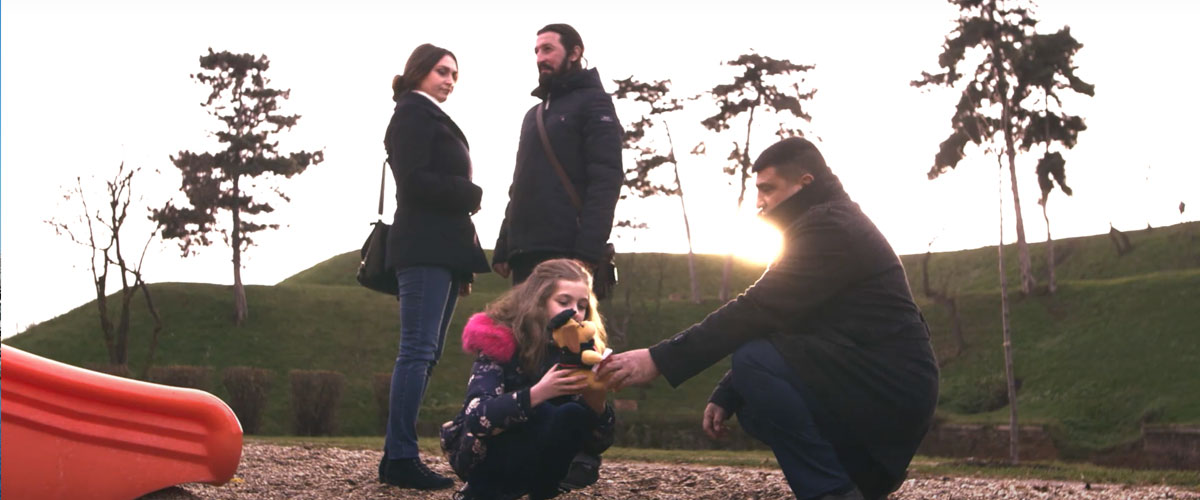 Alba lulia
Alba lulia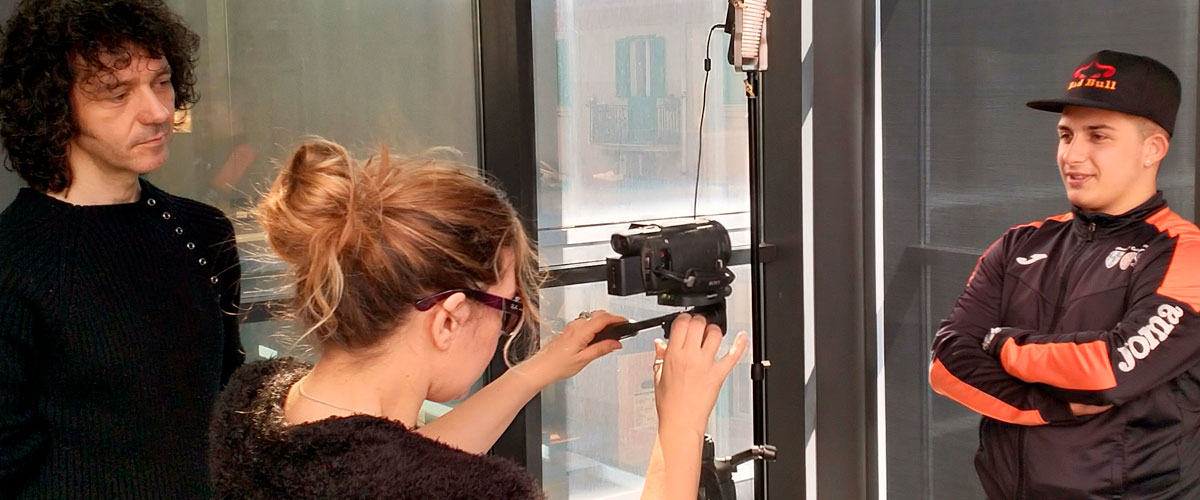 Messina
Messina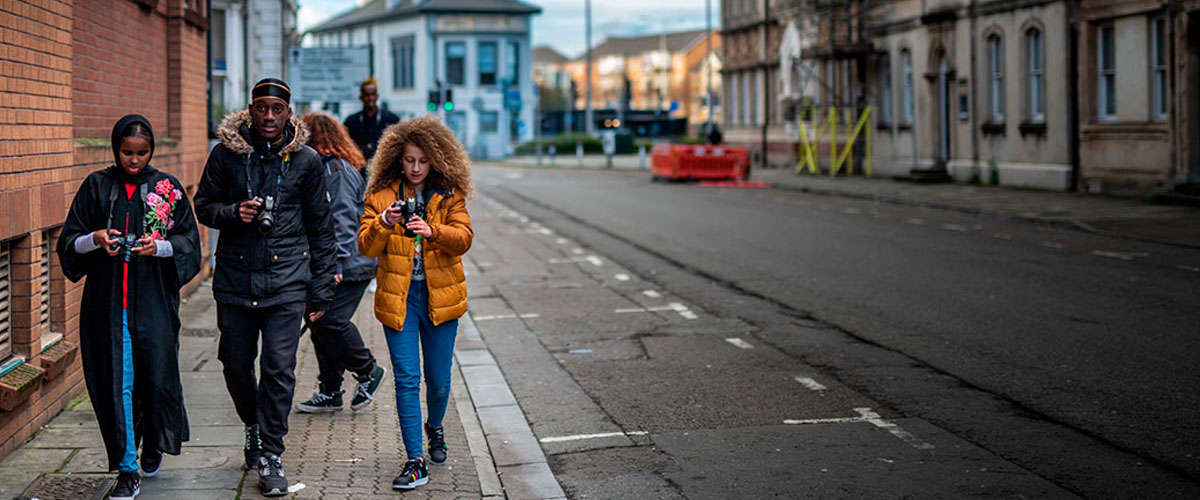 Cardiff
Cardiff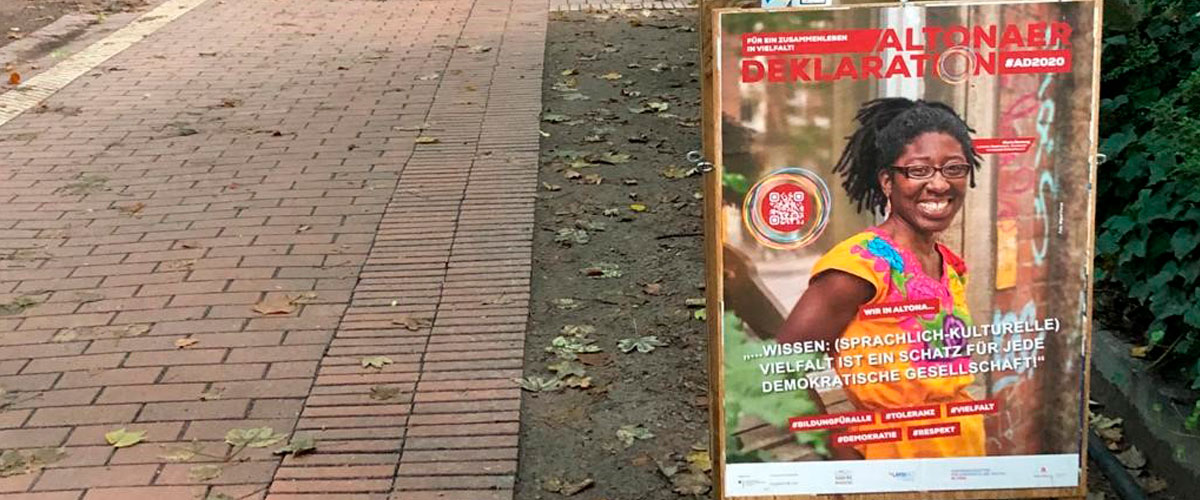 Hamburg-Altona
Hamburg-Altona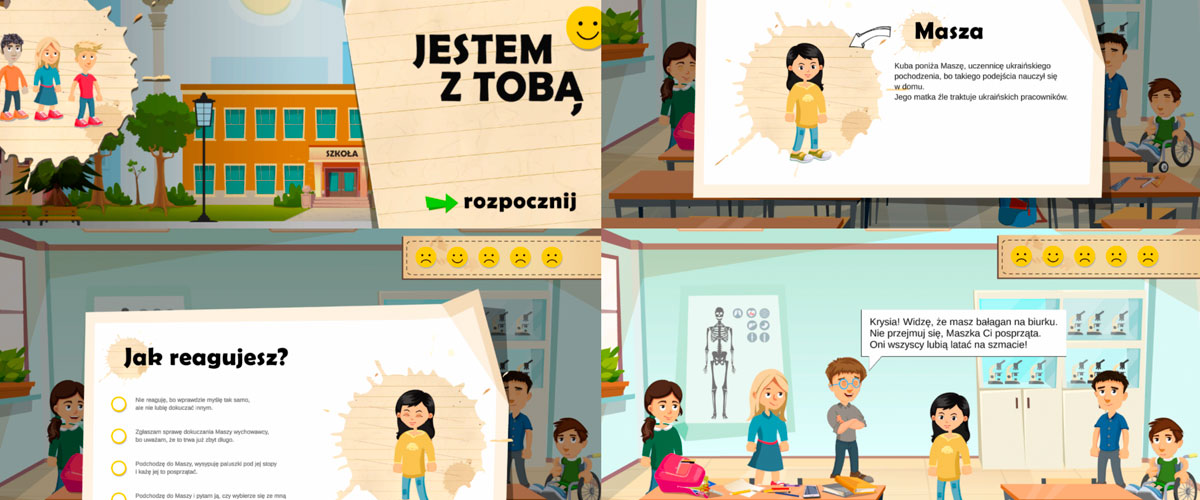 Warsaw
Warsaw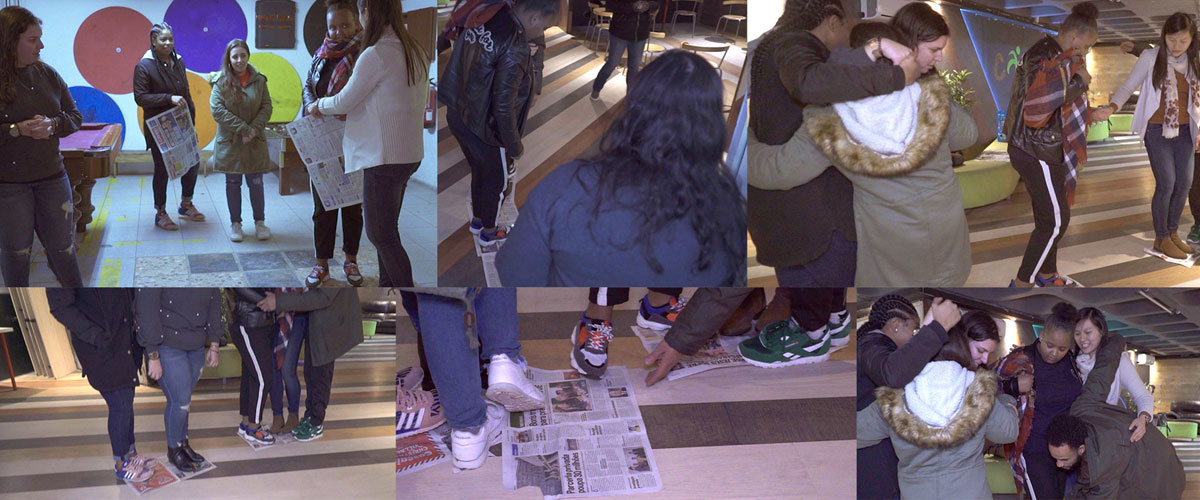 Amadora
Amadora


